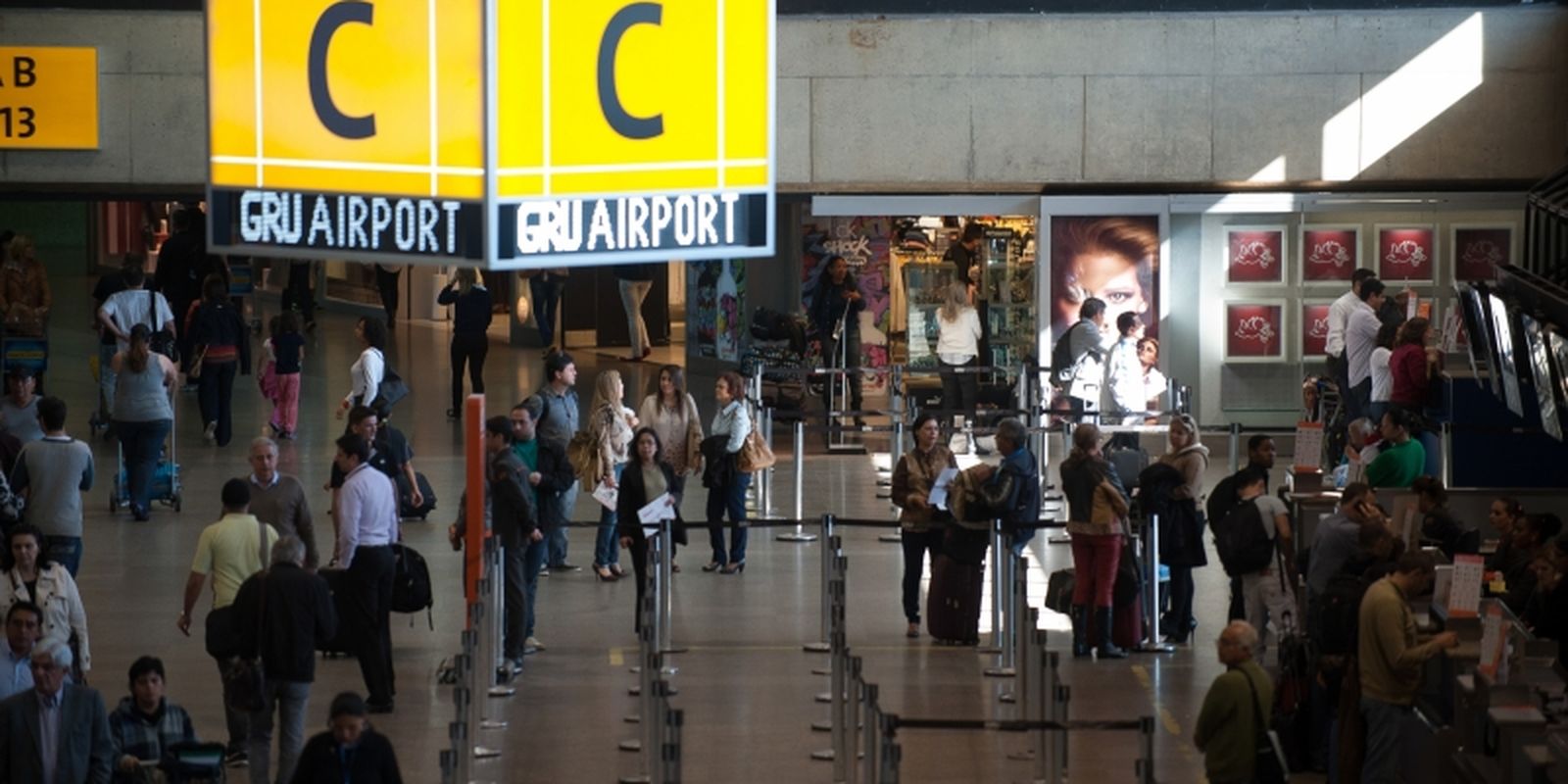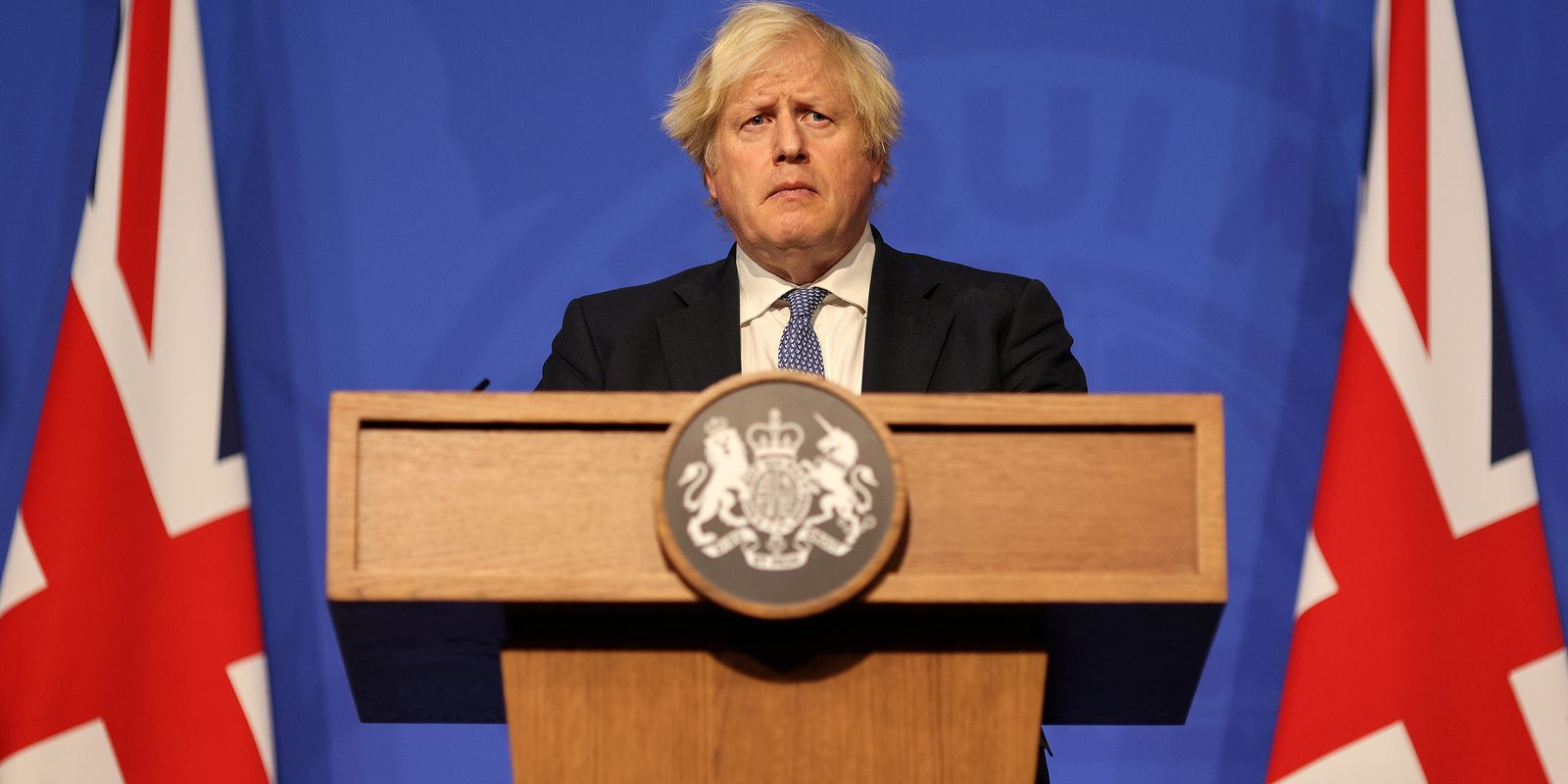A new presidential decree announced last Sunday (1st) in publication in the Official Journal (DOU) deals with the creation of Digital Policy Secretariat, a new specialized body that will strengthen the fight against disinformation and hate speech proliferated on digital platforms operating in Brazil.
The secretariat will be headed by João Brant, former executive secretary of the Ministry of Culture under the government of Dilma Rousseff (PT), and will be subordinate to the Special Secretariat for Social Communication (Secom). The objective of the section is to ensure respect for the rights and duties of individuals on the Internet and to encourage pluralism in the information media.
Together with the Ministry of Justice, the new body created by decree of the government of Luiz Inácio Lula da Silva (PT) will be responsible for debating, regulating and promoting a safe virtual ecosystem for citizens, while encourages the development of professional journalism on the web based on the Australian Trading Code.
Known as the News Media Bargaining Code in Australia, this regulation provides for the signing of agreements with major social media outlets – such as Google and Facebook – for the payment of related news on their platforms, in order to support the informative content of public interest in the virtual world. environment. .
“There have been several experiences to strengthen professional journalism, there is Australia, but there is also Canada, with another line, there is the European Union, and we intend to look on this subject by evaluating international experiences to do something that strengthens diversity and pluralism,” João Brant told Folha de S. Paulo.
In addition to regulations aimed at combating fraudulent and harmful content by investing in media literacy, the Digital Policy Secretariat should also create initiatives that include domestic content in the online environment. This practice will have a similar effect to the requirements for inserting pay-TV content into streaming.
The head of the secretariat, on the other hand, recalls that the the section is not intended to enforce moderation policies for virtual platforms. Instead, it will serve as a protective agent for the interests of the people.
“The world is discussing moderation criteria and mechanisms to protect the public interest, but it is not up to the secretariat to directly propose policies, it will be up for discussion,” explains João Brant, doctor of political science from the University of Sao Paulo. (USP).
The authorities hope that other issues related to the protection of rights in the virtual environment will soon enter public consultation. Internet regulation is expected to be debated in the first quarter of the new term of the presidency.

“Freelance communicator. Hardcore web practitioner. Entrepreneur. Total student. Beer ninja.”






